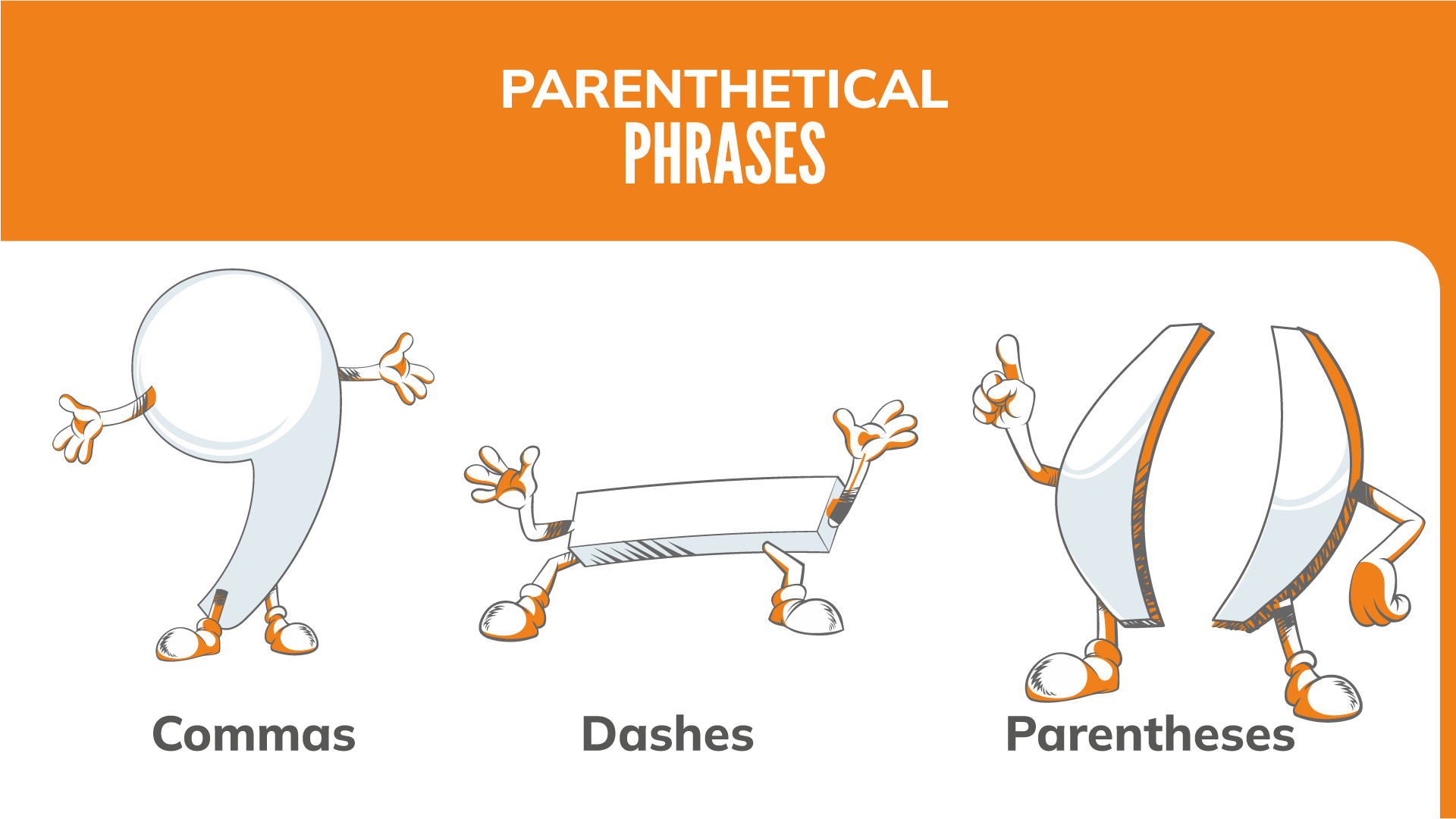
Grammar Lesson: How to Use Interjections to Be More Expressive
Learn to express emotions effectively in English using interjections. Explore examples and tips to make your conversations more engaging with ES London.

Como nosso posto? Compartilhe agora!
Are you ready to dive into some fun and fascinating English vocabulary? Today, we’re talking about homophones and homonyms—two terms that often confuse learners but are easy to master once you get the hang of them. This blog will help you navigate these tricky words with confidence. So, let’s get started!
Homophones are words that sound the same but have different meanings and different spellings. Yes, it’s true! These words can make English a bit puzzling, but you’ll start recognising them easily with practice.
Let’s look at some common homophones with examples:

This table helps you see the differences at a glance. Remember, while they sound the same, their meanings and spellings vary.
Homonyms, on the other hand, are words that have the same spelling and the same pronunciation but have different meanings. Imagine one-word doing double duty—how efficient!
Here are some examples of homonyms with their meanings in context:

For new learners, homophones and homonyms can lead to hilarious (and sometimes embarrassing) mistakes. But don’t worry—it’s all part of learning! Let’s break down why they can be tricky and how to overcome the challenges:
Words like ‘their’, ‘there’, and ‘they’re’ sound the same but have different meanings and uses. Listening carefully to context will help.
Many learners spell homophones incorrectly because they rely on how the word sounds. For example, writing “right” when they mean “write.” Reading and writing practice is the key to mastering this.
Homonyms can leave you scratching your head. A word like ‘bark’ can mean the sound that a dog makes or the outer layer of a tree. The context is your best friend here!
Are you ready to test your understanding of homophones? Try these fun exercises and see how well you can identify the correct words. Don’t worry if you make mistakes—that’s how we learn!
Check Out The RIght Answers Here!
Write each word on one side of a card and its meaning with an example sentence on the other. Review them daily.
Draw pictures or find images to represent each word. For example, a picture of an ear for ‘hear’ and a location marker for ‘here’.
Write your own sentences using both words. For example, “I will write a story about getting the answer right.”
Watch movies, listen to podcasts, or attend an English class London. Hearing these words in context will strengthen your understanding.
If you’re unsure about a word, don’t hesitate to ask your teacher or classmates. Remember, everyone is learning!
Mastering homophones and homonyms will improve your speaking, writing, and comprehension skills. Plus, it’s a fantastic way to avoid common mistakes that can make English seem more confusing. With practice, you’ll be able to distinguish these words effortlessly.
If you’re looking for a place to practice and learn in a supportive environment, check out English classes in London. Whether you’re a local or an international student, studying at ES London can make learning English both enjoyable and effective. At ES London, we specialise in helping learners just like you master tricky vocabulary through engaging lessons and interactive exercises. Our English courses in London are designed to make learning fun, practical, and relevant to everyday life.
So, if you’re searching for ‘learn english classes near me‘, you’ve come to the right place! We’re here to help you improve your language skills and confidently navigate English, homophones and all.
Gostou do que leu? Gostamos de mantê-lo atualizado sobre tudo na ES. Confira nossos diferentes cursos, fatos interessantes sobre Londres, notícias, atualizações, nossas incríveis histórias de sucesso e muito mais.

Learn to express emotions effectively in English using interjections. Explore examples and tips to make your conversations more engaging with ES London.

Pronto para se sair bem no teste de Speaking do IELTS? Vamos nos aprofundar em tudo o que você precisa saber para dominá-lo com confiança e facilidade! Temos algumas dicas e truques divertidos para ajudá-lo a brilhar.

Learn how to use parentheses, dashes, and commas for parenthetical phrases with easy examples and explanations. Simple guide for English learners in London to make your writing engaging.
Nós não dizemos isso,
Na ES Education, fazemos do aprendizado de inglês uma experiência memorável e divertida para todos os alunos. Nós nos orgulhamos da atmosfera familiar de nossa escola. Ao aprender e descobrir Londres conosco em uma comunidade diversificada, sua escola se tornará um segundo lar!

Oferecemos cursos de inglês em tempo integral e meio período a estudantes internacionais.
27-28 Woburn Square, WC1H 0AA, London, United Kingdom
inquiries@esworld.com
+44 749 034 2009
inquiries@esworld.com
+44 749 034 2009
27-28 Woburn Square, WC1H 0AA, London, United Kingdom